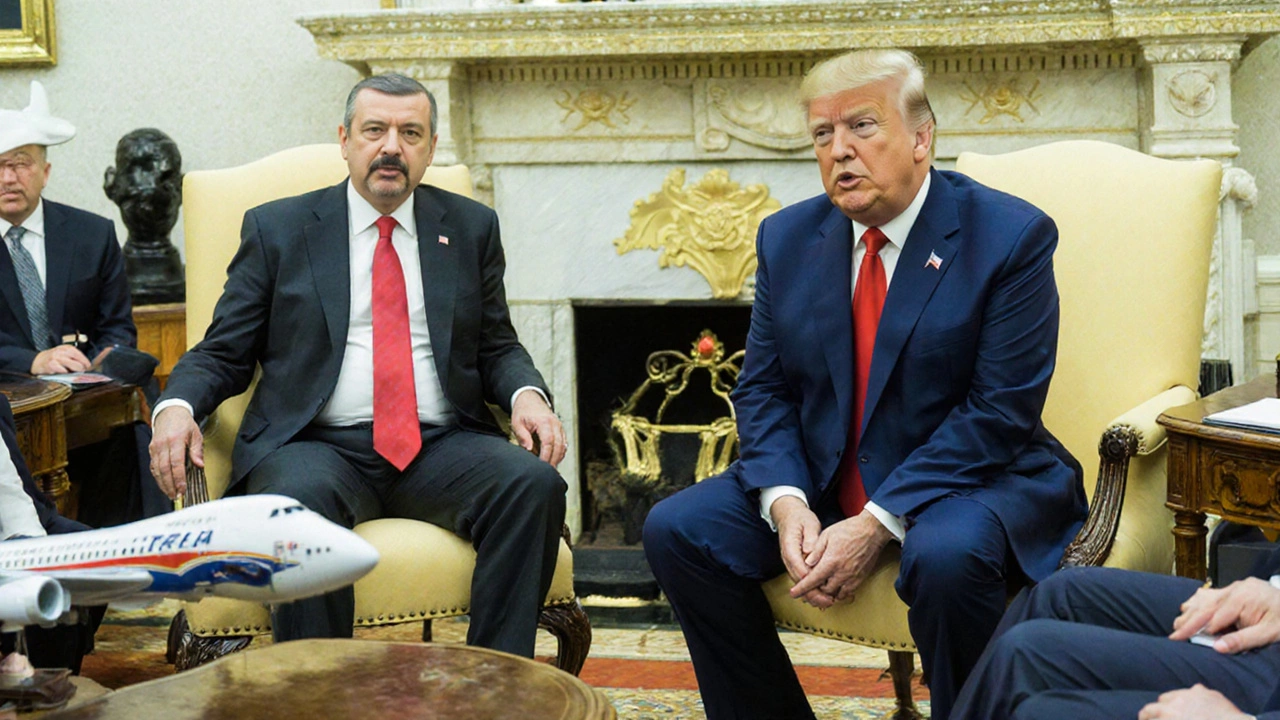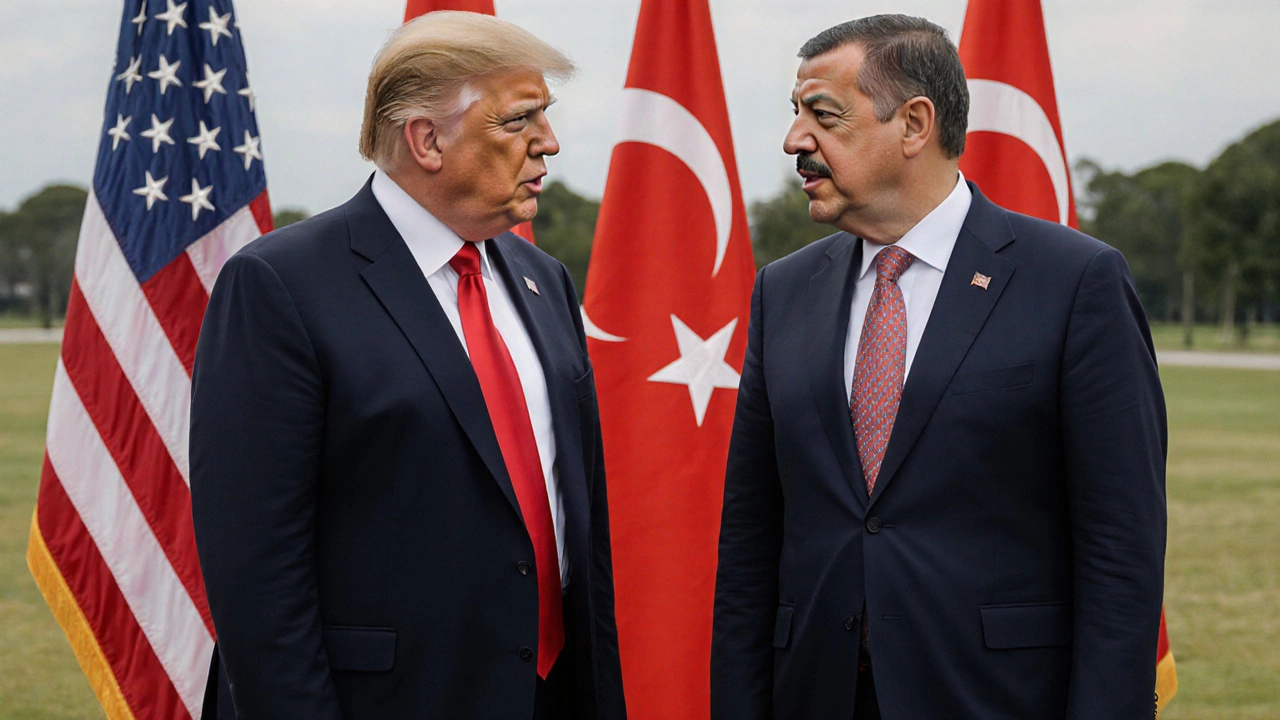Why the F-35 matters for Turkey and Israel
Back in the day, Turkey was a full‑fledged partner in the Joint Strike Fighter program. It had placed an order for a hundred F-35 jets before Washington kicked it out in 2019. The trigger? Ankara bought Russia’s S‑400 air‑defence system, which the U.S. says could spill secrets about the stealth fighter’s radar signature and give Moscow a back‑door into NATO tech.
Israel, on the other hand, has been quietly building up its own fleet of the F‑35I Adir. Those jets give the Israeli Air Force a huge qualitative edge—stealth, sensor fusion, and the ability to share data across the battlefield. That edge has let Israel stay ahead of regional rivals in almost every conflict since the jets arrived.
Now, whispers from Washington suggest that if Donald Trump gets back into the Oval Office, he might reopen the door for Turkey. A revival would flip the current status quo and hand a highly capable stealth platform to a country whose leadership has repeatedly railed against Israeli actions in Gaza and the West Bank.

Political and legal hurdles
Any move to sell the jets would have to clear a thicket of congressional restrictions. In 2020, the House passed an amendment that bars F‑35 sales to any nation operating the S‑400. That means the legislation would need to be repealed or a waiver would have to be granted—both politically messy tasks.
Trump’s previous tenure showed he could be a deal‑maker in the defense arena, often sidestepping traditional diplomatic channels. He struck a massive arms package for Saudi Arabia, negotiated a historic Abraham Accords peace deal, and even played a role in NATO‑Turkey friction over the S‑400. Supporters argue his hands‑on style could finally unlock a lucrative contract for U.S. defense firms, while critics warn it could erode years of non‑proliferation effort.
For Israel, the prospect is unsettling. Israeli officials have repeatedly stressed the need to maintain a “qualitative military edge” (QME) over neighboring forces. They have not openly condemned the rumors, but internal memos, as reported by several defense outlets, stress that Turkish access to the same stealth platform would force Israel to rethink its own force posture and possibly accelerate upgrades to its own aircraft fleet.
Beyond the bilateral tension, NATO members are watching closely. Turkey sits at the gateway to the Black Sea and plays a pivotal role in NATO’s southern flank. Giving it advanced U.S. technology while it continues to source weapons from Moscow could sow deeper fractures within the alliance.
- Economic impact: Turkey lost billions in projected revenue when it was cut from the program. Re‑entry could revive domestic aerospace jobs and cement a new supply chain.
- Strategic shift: With F‑35s, Turkey could project power deeper into the Eastern Mediterranean, potentially challenging Israeli naval and air operations.
- Regional ripple effect: Gulf states may feel pressured to secure comparable capabilities, possibly sparking a new wave of high‑tech arms purchases.
Defense analysts point out that Turkey has already been hedging its bets. After the U.S. barred it, Ankara deepened ties with Russia, signing joint projects on drones, missile systems, and even exploring a domestic fifth‑generation fighter. A U.S. deal now could either pull Turkey back into the Western security fold or create a double‑cross where Ankara juggles both Russian and American tech.
What remains clear is that the conversation is less about a single aircraft sale and more about the broader balance of power in a region already bruised by wars in Syria, Yemen, and Gaza. If Trump does move forward, the decision will likely ripple through diplomatic corridors, defense budgets, and the delicate QME calculus that Israel relies on to stay ahead.
While the final vote in Congress may be months away, the mere chatter has already set defense planners in Tel Aviv, Ankara, and Washington scrambling to model scenarios. The next months could decide whether the F‑35 becomes a bridge back to NATO cooperation or a new flashpoint that forces Israel to seek even more sophisticated weapons to keep its lead.
